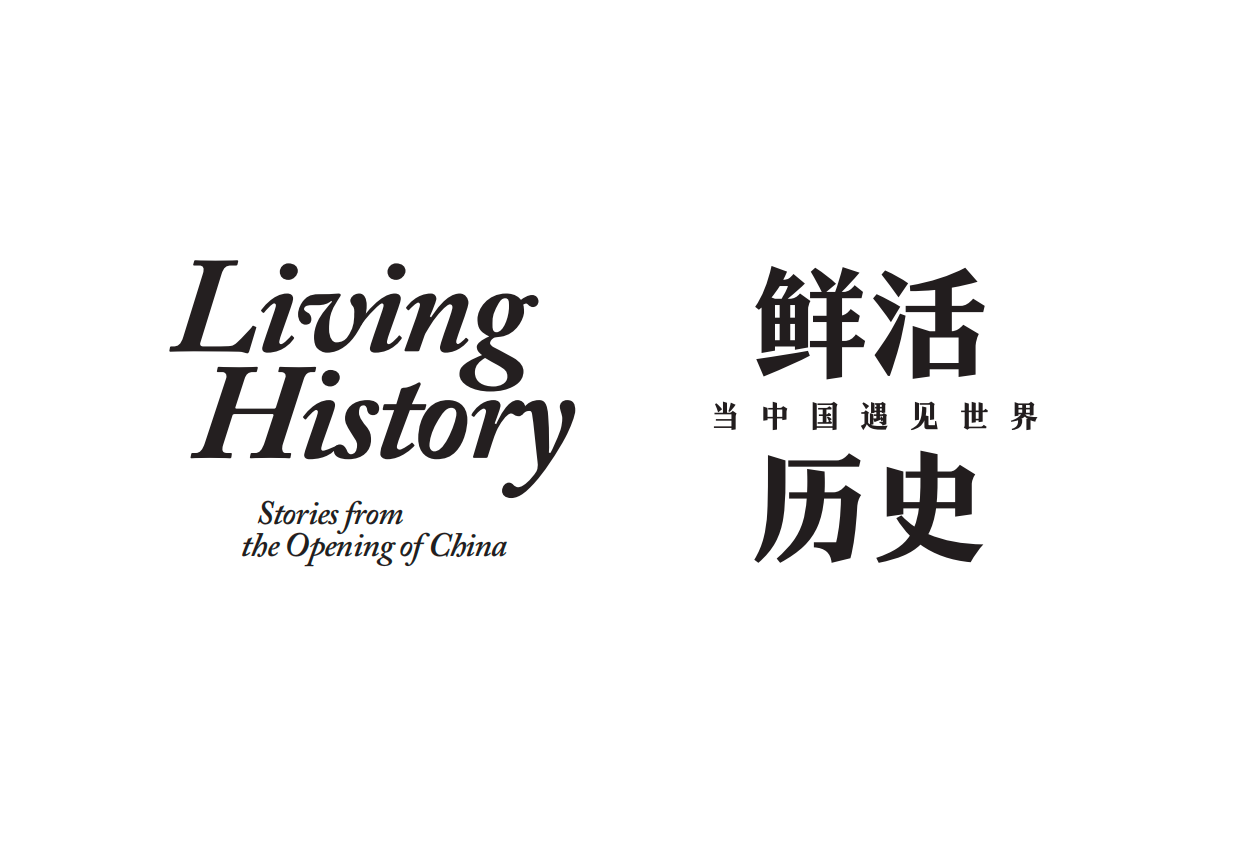Living History: Stories from the Opening of China
"This period of recent Chinese history is rarely discussed and runs the danger of being forgotten if we miss the chance of recording the memories from this time of opening and cooperation."
We are living in treacherous times where the discourse of war—not merely conflict—has been alarmingly normalized. In this era of heightened tensions, it is crucial that we remember and cherish the stories that bridge the gap between China and the West. Documenting these narratives is nothing short of God’s work, for it is through these personal accounts that we foster understanding and compassion, which are essential to preventing the horrors of war.
This is why I’m promoting the ongoing “Living History: Stories from the Opening of China” project of Christian Petersen-Clausen and Wu Yuxiao 吴雨潇 today.
Their message
We are creating an ongoing documentary series of video interviews about the period between the opening of China in 1979 and the 2010 Shanghai Expo. Our goal is to record and preserve the personal experiences made during this time by academics, diplomats, policymakers, businesspeople, artists, students, athletes and others. We are specifcally interested in people-to-people relations – what it was like to meet each other, what surprises, challenges and memorable experiences people made together when meeting others from places or cultures other than their own. It’s personal stories through which history comes alive.
This period of recent Chinese history is rarely discussed and runs the danger of being forgotten if we miss the chance of recording the memories from this time of opening and cooperation. We aim to create a personal and intriguing record of this period in China and make this a thoughtful, well-researched and accurate long-form documentary interview series that is appealing to curious people around the world.
Each interview will be made available for free on our YouTube and Bilibili channels, among others.
An independent and not-for-proft project, we are supported by a grant by the United States Consulate in Shanghai.
As of May 2024 we have completed flming more than twenty interviews for this series.
For more information, please check the attached PDF or click here to view via Google Drive.
If you are in a position to help the project in any way, especially in sponsoring it, please reach out to my friend Chris at chris@memostothefuture.com . (Other contacts can also be found in the PDF)
They have already published the following four videos on YouTube and Bilibili, please enjoy!
When David Moser came to China in 1987 he did not expect the challenges that lay ahead: he had been asked by his friend, the respected author Douglas R. Hofstadter, to help a team at Peking University to translate his Pulitzer Prize-winning bestseller “Gödel, Escher, Bach: an Eternal Golden Braid” into Chinese. But when David arrived in Beijing he was handed a stack of handwritten translations instead of the printed documents he had expected, a monumental challenge for the scholar, who had only been studying Chinese for three years and was still struggling to correctly identify many characters.
Brian Linden was cleaning carpets in Chicago in 1983 when a client asked him to put a flag pin into China on a map of the world. Unable to find it, he tells us how this was the first time he thought about China. He soon moved to China to teach English and had a front place to history as a cameraman with CBS News in Beijing, with whom he even met then-president Deng Xiaoping. In this video he tells us the mesmerizing story of showing medical students in Beijing their first American film, the Steven Spielberg epic “Raiders of the Lost Ark” starring Harrison Ford as Indiana Jones and recalls his eighteen arrests while traveling the remotest parts of China back when that was still very difficult for foreigners.
In 1999 William Huang became the first barista to ever sell a cup of Starbucks Coffee in China. He tells us about discovering their ad in a Beijing newspaper, how working for this American company is different from being at a traditional Chinese company and meeting Howard Schultz in Seattle. Starbucks has been highly successful in China and William has risen with the chain. Today, after nearly 26 years with them, he manages more than 400 cafes.
Most people coming to China today know the name United Family Hospital and the modern, international-standard healthcare they offer. Roberta Lipson founded the famous healthcare provider and with it opened the first foreign-invested, private hospital in China, where until then only State-run hospitals exist. She takes us back to the early days of he amazing career in China and tells us about how it all came to be.
For more information, please check the attached PDF or click here to view via Google Drive.
If you are in a position to help the project in any way, especially in sponsoring it, please reach out to my friend Chris at chris@memostothefuture.com . (Other contacts can also be found in the PDF)
Thank you!



Good project!